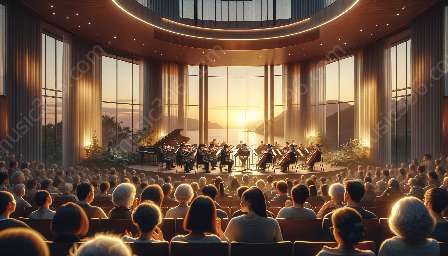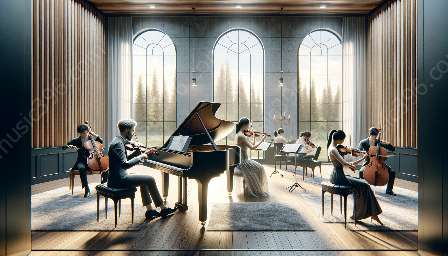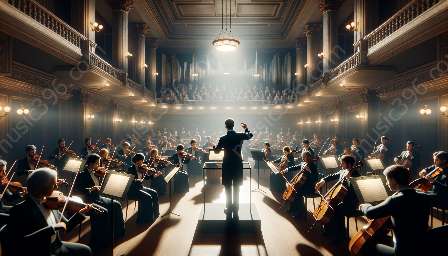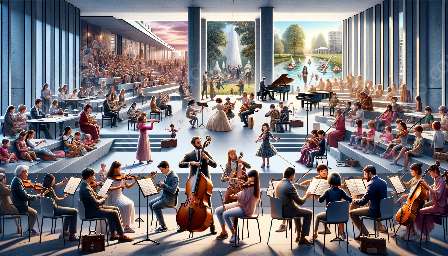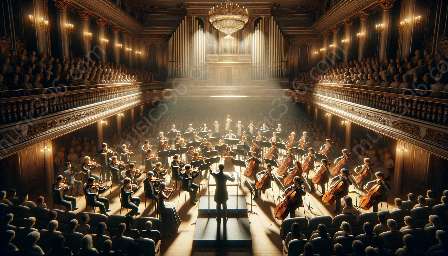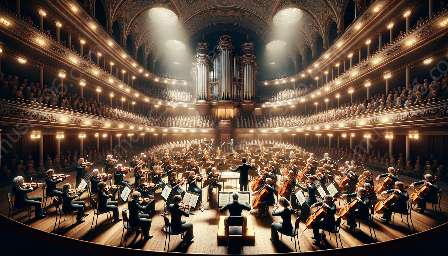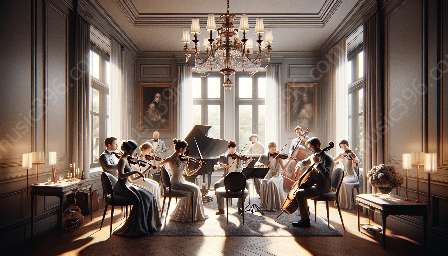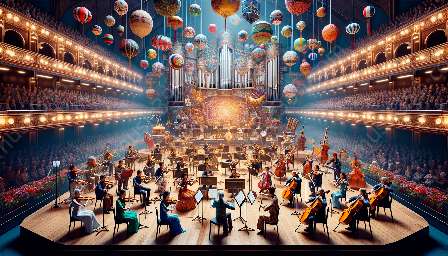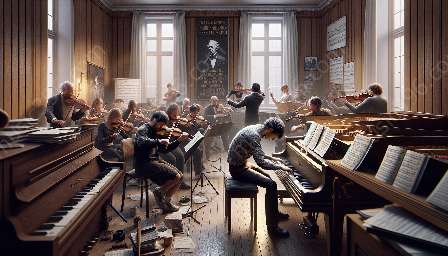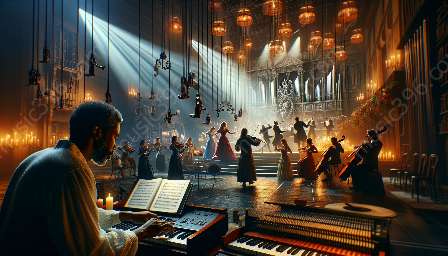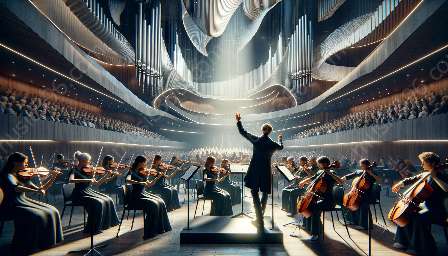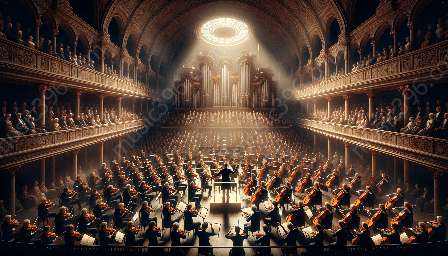Understanding the significance of audience reception in shaping critical perspectives of classical music is essential for comprehending the dynamic relationship between performers, listeners, and critics. The interaction between the audience and the music has a profound impact on how classical music performances and compositions are interpreted and evaluated.
The Role of Audience Reception
When considering the critical perspectives of classical music, it is important to recognize the influence of audience reception. The reception of a classical music performance by the audience can significantly impact the overall perception of the music. Audience members bring their own unique perspectives, experiences, and emotions to the concert hall, which can shape their interpretation of the music being performed.
Moreover, audience reception extends beyond the live performance context to encompass recordings, broadcasts, and online platforms where classical music is consumed. In the digital age, the audience's feedback and engagement through social media and streaming platforms can also influence critical perspectives.
Shaping Critical Perspectives
The role of audience reception in shaping critical perspectives is multi-faceted. Audience responses, whether through applause, standing ovations, or critical reviews, can impact how a performance or composition is perceived by both professional critics and the broader public. Positive audience reactions may lead to favorable reviews and increased attention, while negative reception can prompt critical scrutiny and analysis.
Furthermore, the interaction between the audience and the music can influence the ways in which performers and composers understand their own work. An understanding of audience reception allows performers and composers to consider how their music might be received and interpreted by listeners, guiding their artistic decisions and interpretations.
Classical Music Criticism
Classical music criticism plays a pivotal role in shaping the discourse surrounding classical music performances and compositions. Critics provide in-depth analyses, assessments, and reflections on classical music, serving as mediators between the artists and the audience. The critical perspectives articulated by classical music critics can be shaped, in part, by the reception of the music by the audience.
Furthermore, the reception of classical music performances and recordings by audiences can directly influence the opinions and evaluations of music critics. Positive audience reception may validate the artistic merit of a performance, while a divergence in audience and critical perspectives can spark debate and further examination of the music.
Impact on Interpretation
Audience reception has a significant impact on the interpretation of classical music. The collective experience of the audience, including their emotional responses, can inform the ways in which a performance is understood and interpreted. The energy and engagement of the audience can also influence the dynamics of a live performance, creating a symbiotic relationship between the performers and the listeners.
Additionally, the sociocultural context in which a performance takes place can shape audience reception and, consequently, critical perspectives. Factors such as historical significance, societal trends, and cultural relevance can all contribute to the reception and interpretation of classical music.
Conclusion
The role of audience reception in shaping critical perspectives of classical music is integral to understanding the multifaceted nature of musical interpretation and evaluation. By recognizing the impact of audience reactions on the perception of classical music performances and compositions, we can gain a deeper insight into the dynamic interplay between performers, critics, and the broader public.






